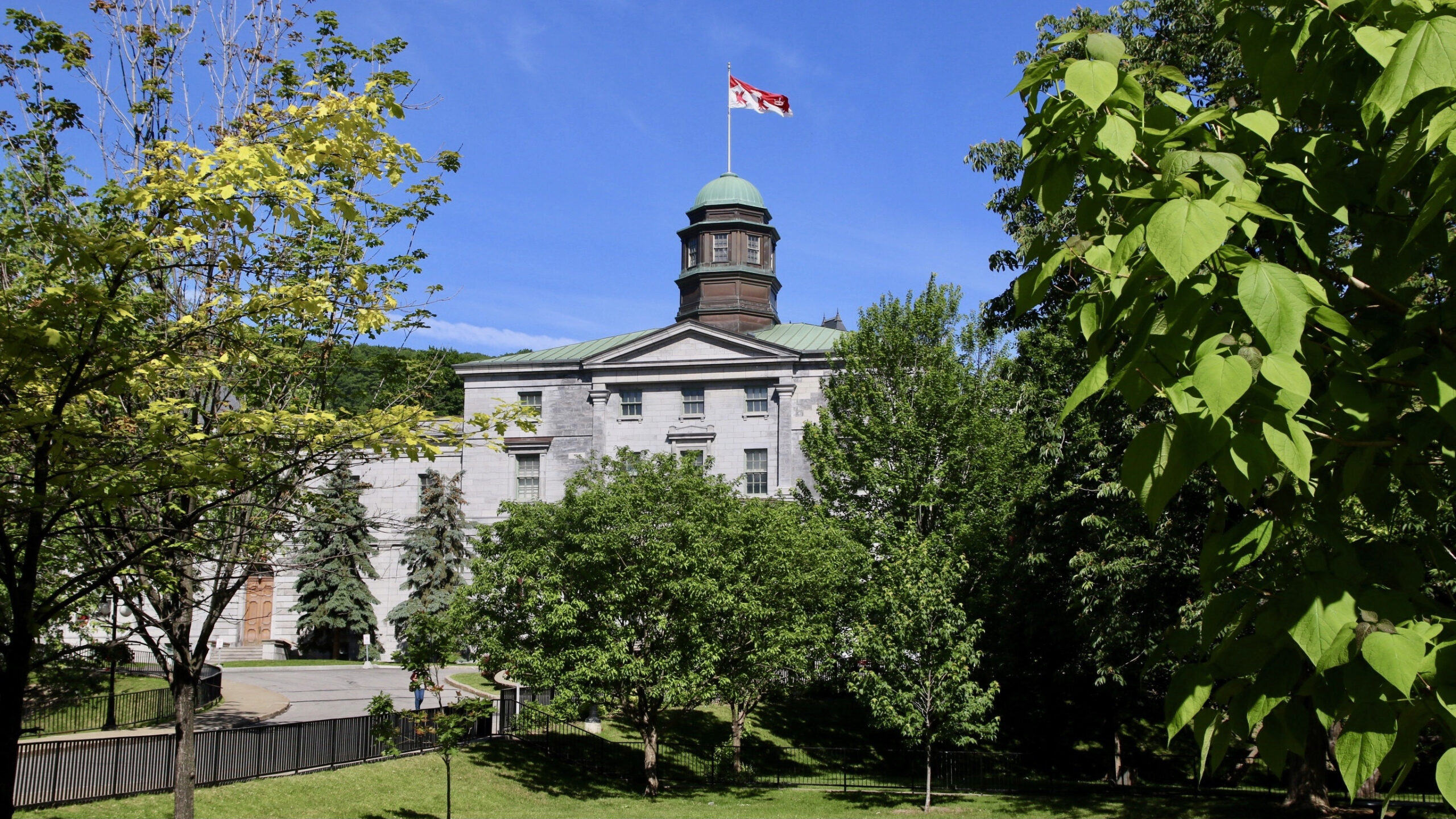
Times Higher Education (THE) released the fourth edition of its Impact Rankings, which measure how institutions are delivering against the United Nations’ 17 Sustainable Development Goals (SDGs).
McGill had a strong showing in a number of SDGs, ranking in the top 100 worldwide in four of the 17 SDGs. In total, 1,406 universities representing 106 countries are ranked for at least one of the SDGs, an increase of 26.1 per cent over last year.
The Impact Rankings measure the extent to which universities are having a positive environmental, social and economic impact on the planet. It is the first university ranking to use these criteria, rather than traditional metrics, such as reputation and research prestige. Carefully calibrated indicators are used to provide comprehensive comparisons across four broad areas: research, outreach, teaching and stewardship.
Since the Impact Rankings inception in 2019, McGill has placed among the top 101-200 of participating institutions in all four years.
This year, McGill had its best results in the following SDGs:
- Climate Action (20th)
This explores universities’ research on climate change, their use of energy and their preparations for dealing with the consequences of climate change. - Zero Hunger (56th)
This measures universities’ research on hunger, their teaching on food sustainability and their commitment to tackle food waste and address hunger among students and local communities. - Life on Land (82nd)
This measures universities’ research on life on land and their education on and support for land ecosystems. - Partnerships for the Goals (94th)
This measure looks at the broader ways in which universities support the SDGs through collaboration with other countries, promotion of best practices and publication of data.
There are 17 SDGs, which were adopted by the UN in 2015 to provide a framework for developing the world in a sustainable way.
These include ending poverty and hunger; promoting good health and well-being and quality education; achieving gender equality and economic growth; providing access to clean water and sanitation and affordable and clean energy; fostering innovation; reducing inequalities; building sustainable cities and communities and achieving responsible consumption and production; tackling climate change; managing sustainably life below water and life on land; promoting peaceful societies; and revitalizing global partnerships.
Learn more about the 2022 THE Impact Rankings

Such a dream campus and work-life balance